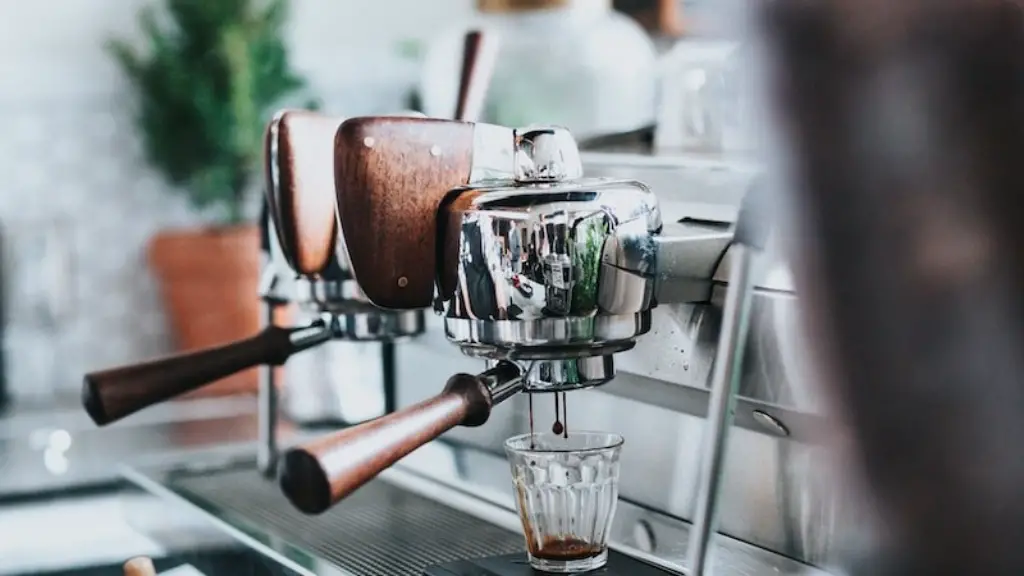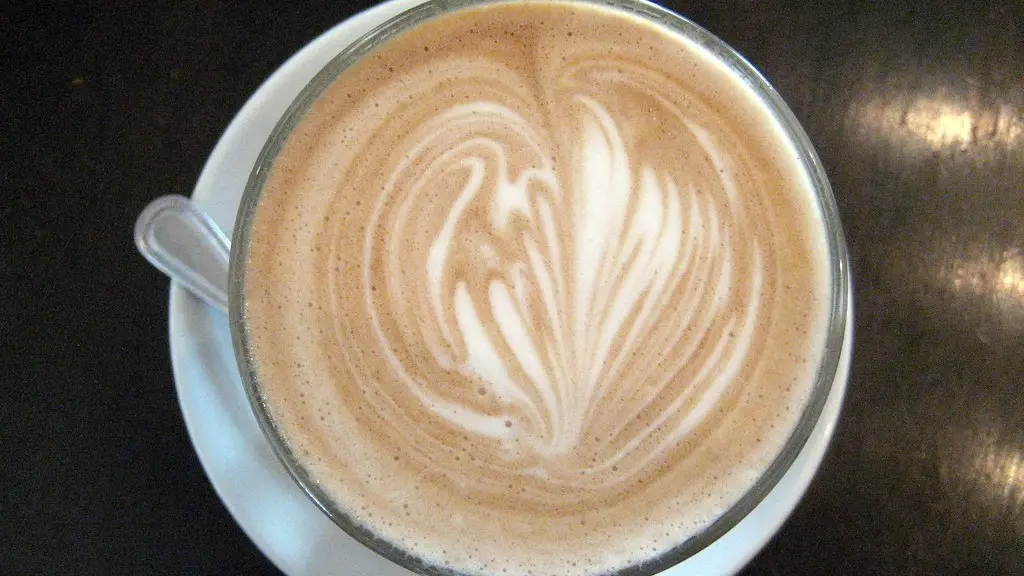Coffee has become an integral part of many people’s daily routine, but does this habit have any effects on urinary frequency? Caffeine is considered as a diuretic and can help stimulate urination. But what is the evidence behind this claim, and what is the moderate amount of caffeine consumption that can help increase urination without causing other health issues?
Excessive caffeine consumption has been linked to dehydration, which estimates suggest can be reflected in how often a person needs to make a visit to the bathroom. Harvard Health asserts that more than 500 milligrams of caffeine can cause a dehydrating effect and increase urination. Around 500 milligrams is approximately the amount of caffeine contained in a 16-ounce bottle of a popular energy drink. The NHS confirms that caffeine is a diuretic, or a substance which increases urine output. However, when calculated, it has been established that it takes at least 3-4 cups to equate to the 500 milligram mark.
With this in mind, some experts have suggested that by drinking smaller amounts of caffeine throughout the day – like one to two cups of coffee – this could help increase urination without having to put too much strain on the body. This theory is supported by Kathryn Boling, MD, who explains that “if someone drinks one or two cups of coffee a day, they’ll go [urinate] more often” due to the diuretic effects of the cup of joe.
However, drinking more than two cups of coffee could put more strain on the body as it can cause dehydration and worsen urinary frequency. A study in the journal of Physiology and Behavior found that the diuretic effects of enhancing urine output is not sustained in the long-term. This suggests that repeatedly increasing urination output due to caffeine consumption is not a healthy solution.
Many experts recommend that adults should limit their caffeine consumption to 400 milligrams per day which is approximately 4 cups of brewed coffee. While some studies have noted that adults who consume more than 400 milligrams of caffeine still perform just as well as adults who consume less, they caution against doing so as it could create other health issues beyond just frequent urination. While drinking up to two cups may help increase urinary frequency, it is not recommended to exceed this amount to maintain a healthy lifestyle.
What are the other health benefits of caffeine?
Apart from the potential increase in urination, caffeine also has many other health benefits. It is a natural stimulant and can offer short-term benefits like an increase of focus and boosted energy. Caffeine is known to help block the action of adenosine, an inhibitory neurotransmitter that stimulates feelings of tiredness. A 6-month trial in the European Journal of Clinical Nutrition found that caffeine can help improve short-term memory and cognition.
Overall, caffeine can influence various neurological processes, such as arousal, motivation, alertness and feelings of pleasure. Caffeine has also been linked to the promotion of weight loss, increased muscle activity and improved athletic performance.
What is the recommended daily intake of caffeine?
While caffeine offers many health benefits, it is also important to be mindful of the desired intake as too much of it can be harmful to the body. The American Medical Association recommends that adults should stick to 400 milligrams of caffeine per day, which is approximately 4 cups of coffee. Consumption more than these daily limits has been associated with symptoms like upset stomach, excessive urination, increased heart rate, insomnia, headaches and jitteriness.
These symptoms are particularly likely in individuals who are not used to caffeine consumption. Caffeine tolerance varies from one individual to another. So, it is important to keep track of consumption and monitor responses to make sure there is no adverse, caffeine-intake related effect.
What are the precautions for people with caffeine sensitivity?
Caffeine tolerance also varies greatly between one individual to another. People with caffeine sensitivity should pay particular attention to their consumption. Symptoms of caffeine sensitivity can include mood swings, restlessness, nervousness, irritability and insomnia. It is recommended to monitor consumption and regularly check in with a doctor to make sure caffeine consumption is not causing any unintended symptoms.
In fact, pregnant women, people with certain risk factors, and those with underlying health conditions, such as heart disease, are generally advised to eliminate or limit their consumption of caffeine.
Are there alternative sources of caffeine?
Unbeknownst to some people, caffeine can be found in more than just coffee; it can also be found in energy drinks, sodas and chocolate. Beverages like tea and yerba mate contain caffeine but tend to be lower in caffeine content compared to coffee drinks. Other food sources, including nuts, some spices and desserts, are components that contain minor amounts of caffeine.
Since caffeine is found in a variety of different drinks and food sources, it is important to be aware of its presence and monitor the intake. This is especially important if someone is sensitive to caffeine as it can be found in unexpected places.
Are there any other important factors to consider?
Experts also suggest that a variety of factors can influence caffeine’s effects on urinary frequency, including age, physical health, and tolerance to the substance. Other important considerations that contribute to the effects of caffeine on the body include the drink’s temperature, the time of day of consumption, the type and quality of the coffee beans, and the form of caffeine.
With so many variables to consider, it is important to remember that statistics vary greatly from one individual to another, as many factors contribute to an individual’s physiological response to caffeine.



